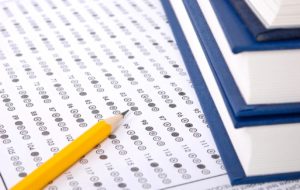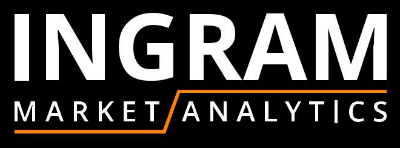Data superheroes can point to many examples of why data deserves a good rep, not a bad rap.
- Personal exercise data collected on Fitbit, can be used to measure overall fitness trends, and maybe reduce health care costs.
- Doctors use health insurance claims data and predictive analytics to monitor your risk-levels for diabetes well before a diagnosis shows up in an annual physical.
- Nonprofits use data to make their services are reaching the right people, and make a measurable difference in people’s lives.
Still, the negative incidents continue. A credit card data security breach at Capitol One, hacks of your personal data on Facebook, or your medical history accidentally released by a health insurance company. Fortunately, I have not been a victim yet…as far as I know.
However, knowing that anyone can misuse, lose, or mishandle data – intentionally or not – makes us all vulnerable.
SAT scores gone wild
We all know it can be a high stakes game for parents who what to get their children in the best colleges, even if they don’t belong there.  This year, we saw how, in the wrong hands, data can be manipulated to make SAT scores for a college admission application look acceptable.
This year, we saw how, in the wrong hands, data can be manipulated to make SAT scores for a college admission application look acceptable.
Apparently, movie stars and the well-to-do game data by allowing highly paid rogue proctors to change answers on a completed test for a higher SAT score. Fifty people were indicted, leaving careers in ruin, jail time served, and admission acceptances revoked.
This scandal rocked the higher education community, leaving many of us with less faith in good data.
Take your data to school
But in the right hands, mine for instance, data can tell prospective students and their families if they will be able to afford your college, or how much a loan might affect a student’s future earnings or their parents’ retirement plans.
I can also show college how to use data to track students’ academic progress, their emotional and financial health, and prevent a potential slip up, or loan default. Data helps me catch students at risk as they take the first few steps down the wrong path before they’ve gone too far to come back. Data gives struggling students an honest chance at a college education.
Clearly putting data into the wrong hands can wind up causing harm. But data in the hands of someone who knows how to use it, can help you answer the what-if questions of your organization.
Wanting to expand your member base or attract new customers? Let’s start with a small issue that’s been bugging you, and we’ll figure out how data can find the solution.
